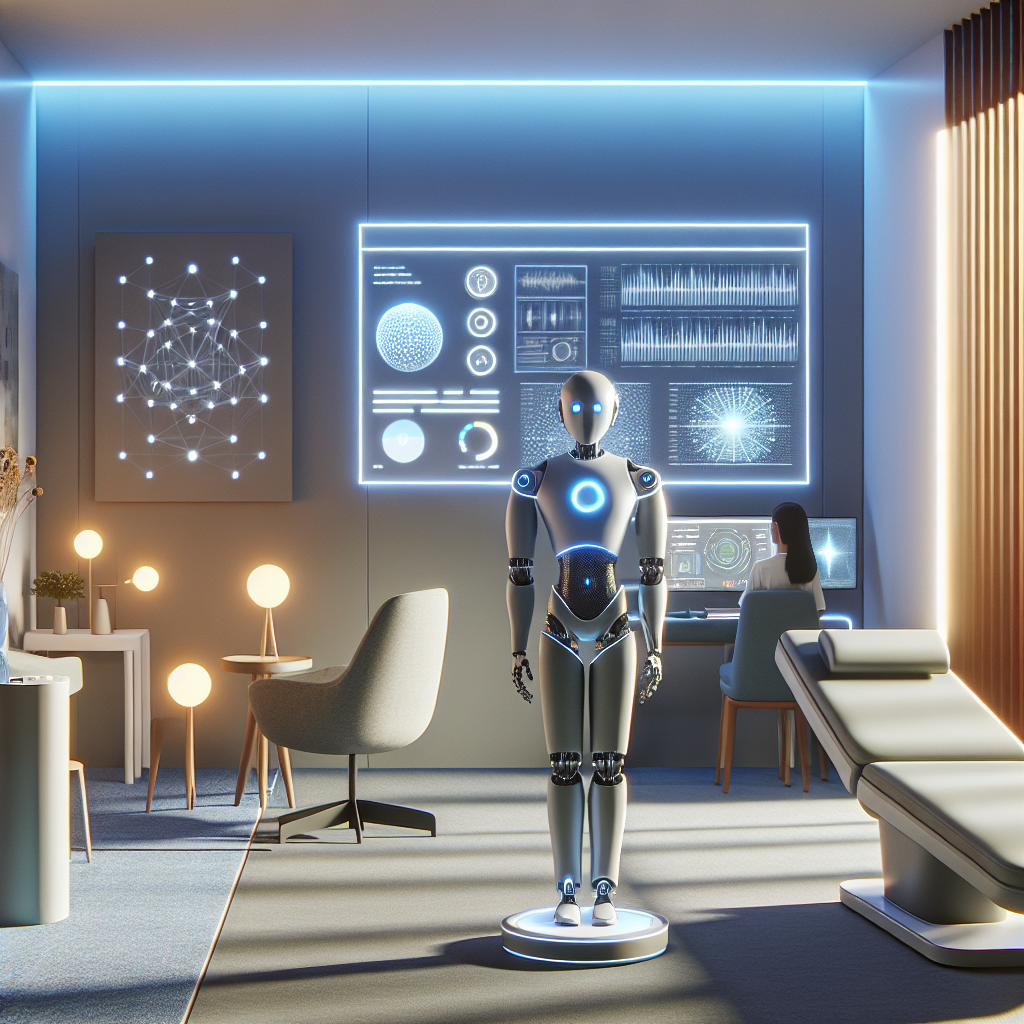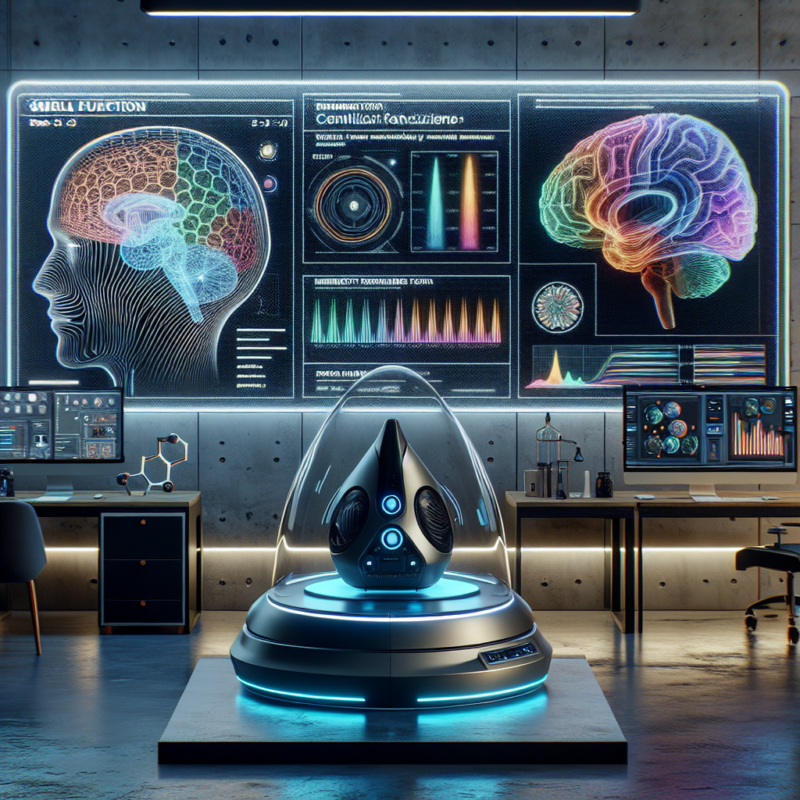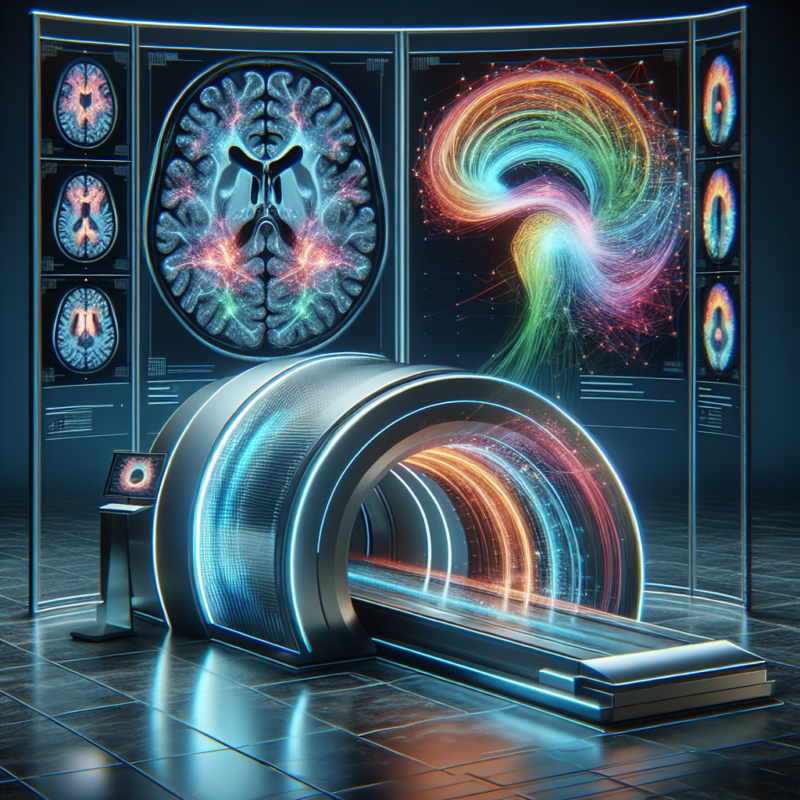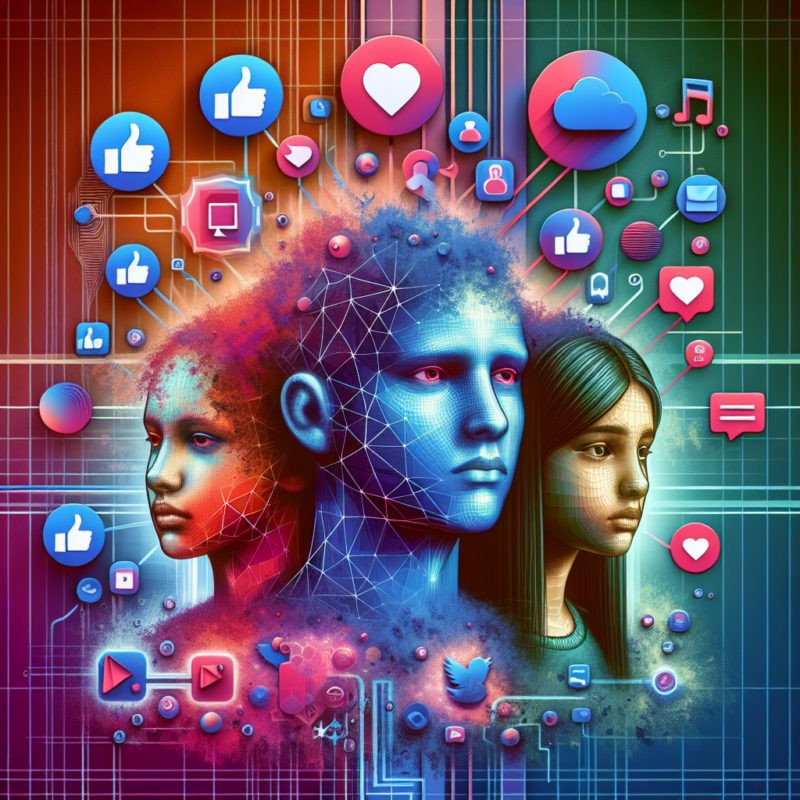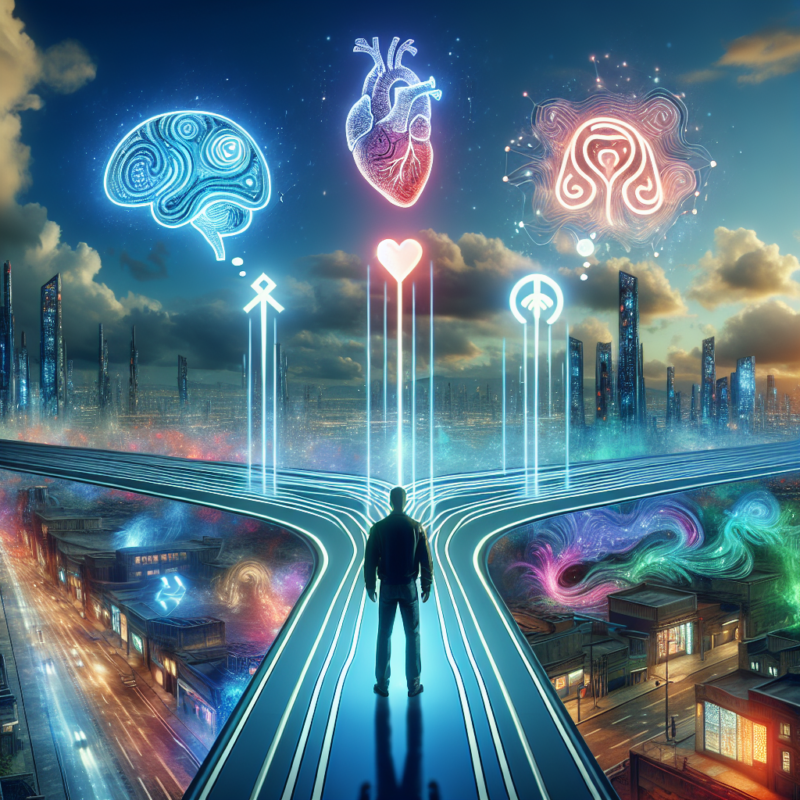Breaking Barriers: The Role of AI in Making Mental Health Care Accessible
Breaking Barriers: The Impact of AI on Mental Health Care Accessibility
In today’s society, mental health issues are becoming increasingly prevalent, yet many individuals continue to struggle to access the care they need. Fortunately, artificial intelligence (AI) is playing a crucial role in revolutionizing mental health care accessibility, breaking down barriers and providing innovative solutions to support individuals in need. By harnessing the power of AI technology, mental health care is becoming more accessible than ever before, offering timely support, personalized treatment plans, and self-care resources to help individuals manage their mental well-being effectively.
Expanding Reach through Teletherapy
AI-powered teletherapy platforms have emerged as a game-changer in mental health care accessibility, offering individuals the opportunity to connect with licensed therapists from the comfort of their own homes. These platforms eliminate geographical barriers, making it possible for individuals in remote areas or those with limited mobility to receive timely mental health support. AI algorithms analyze patient data to personalize therapy sessions and track progress effectively, ensuring that each individual receives a tailored approach to address their unique needs.
- AI-powered teletherapy platforms offer access to licensed therapists from anywhere
- Eliminating geographical barriers for individuals in remote areas
- Personalizing therapy sessions through AI algorithms to track progress effectively
Improving Diagnosis and Treatment
AI algorithms are also being utilized to improve the early detection and treatment of mental health conditions. By analyzing speech patterns, facial expressions, and other data, AI can identify potential mental health issues at an early stage. Early detection allows for timely interventions and the development of personalized treatment plans, ultimately enhancing outcomes for individuals struggling with mental health issues. AI can also recommend evidence-based treatment options and monitor progress to optimize care delivery and effectiveness.
- Early detection of mental health conditions through AI analysis
- Personalized treatment plans and timely interventions for improved outcomes
- Recommending evidence-based treatment options and monitoring progress effectively
Enhancing Self-Care and Support
AI-powered chatbots and virtual assistants are revolutionizing self-care and support for individuals in need of immediate help. These tools offer round-the-clock support by providing coping mechanisms, self-care tips, and resources for managing stress, anxiety, and depression. AI can personalize self-care recommendations based on individual preferences and behaviors, empowering users to take control of their mental well-being and access the support they need, when they need it.
- AI-powered chatbots and virtual assistants offer 24/7 support
- Providing coping mechanisms, self-care tips, and resources for managing mental health
- Personalizing self-care recommendations based on individual preferences and behaviors
Conclusion
Artificial intelligence is reshaping the landscape of mental health care accessibility by breaking down barriers and offering individuals timely support, personalized treatment plans, and self-care resources. Through the use of AI technology, mental health care delivery is undergoing a significant transformation, ensuring that everyone has access to the support they need to thrive and manage their mental well-being effectively. By leveraging the power of AI, we can continue to revolutionize mental health care and make a positive impact on the lives of individuals in need.
